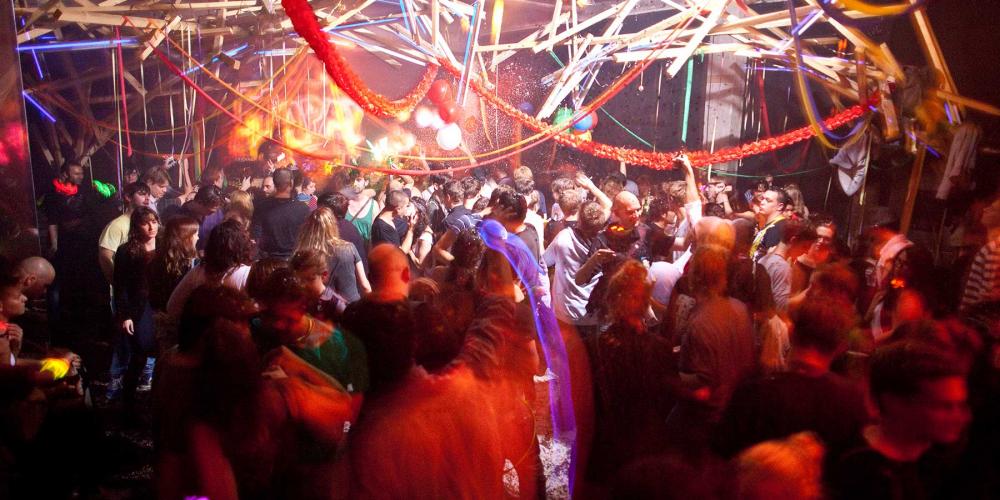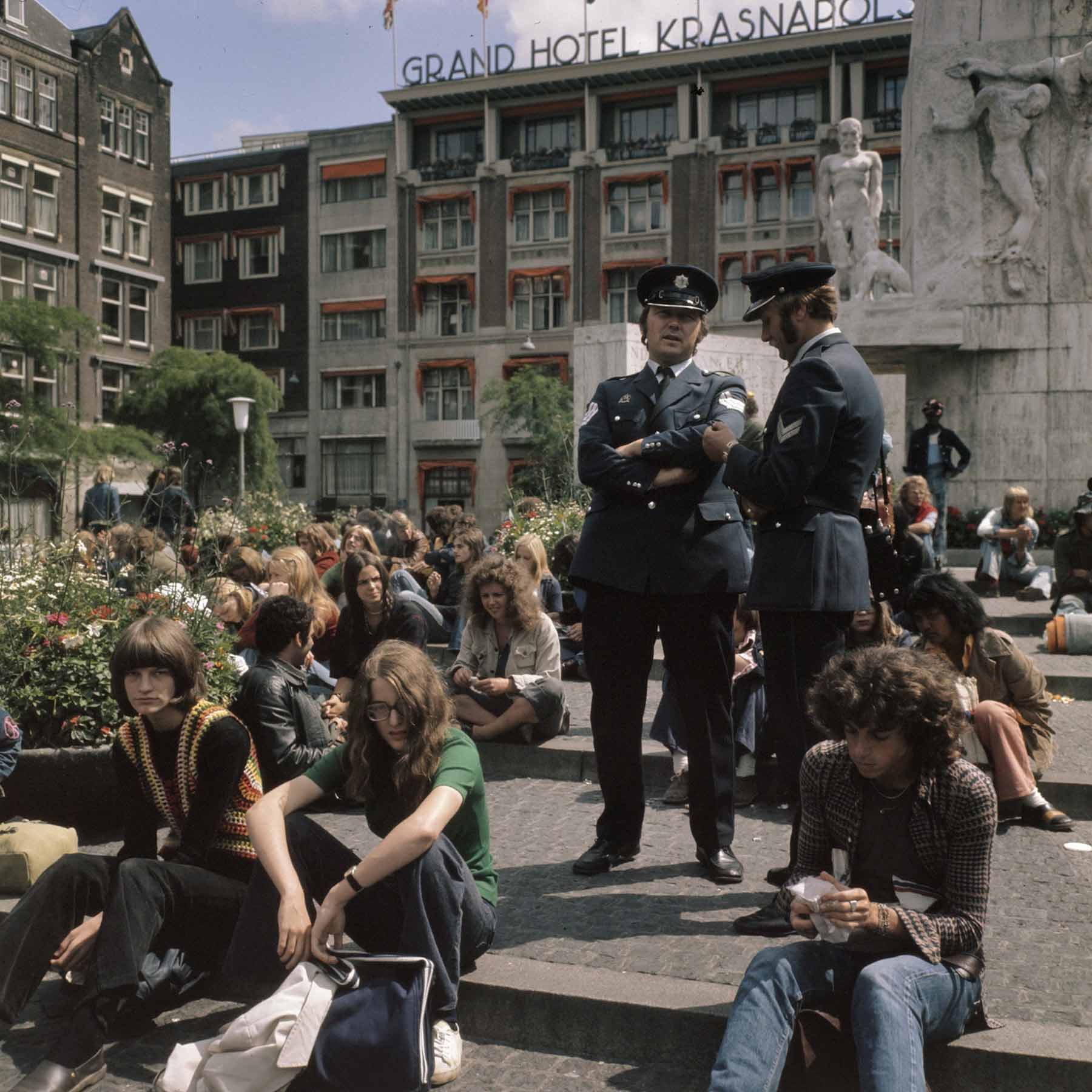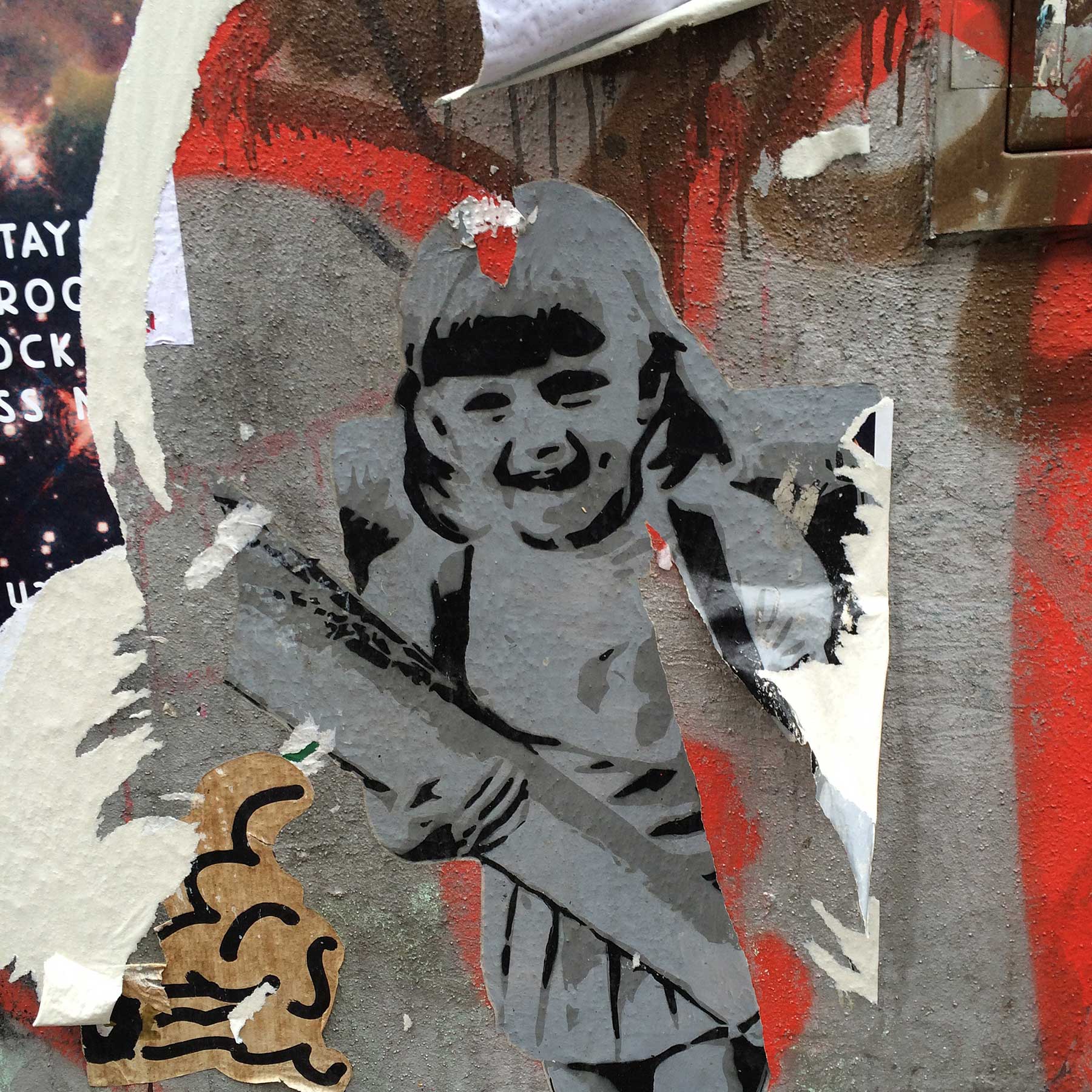
Governing the Narcotic City. Imaginaries, Practices and Discourses of Public Drug Cultures in European Cities from 1970 until Today.
This research project explores the discourses, imaginaries, practices and consequences of public drug use from the 1970s until the present, with a focus on Western and Central European cities.
Cultures of drug use are deeply woven into public spaces, everyday lives and the contested governance of European cities. Especially over the last 40 years, we see the governance of narcotic practices playing a crucial role in the production and control of public spaces. As such, they offer a lens to focus our understanding of historical and present-day forms of urban exclusion, marginalization and integration – particularly along issues of gender, class, race and disability. Moving beyond stereotypization and stigmatization, we look at the ways control is exercised and how bodies and identities are disciplined in order to understand how these processes are entangled in the production of narcotic spaces of pleasure, fear and everyday life.
We ask: How have the practices, discourses and conflicts around public drug use impacted the social and cultural fabric of European cities in the late 20th and early 21st century? What imaginary geographies of urban narcotic cultures have emerged? How have cities regulated contested sites of drug use? Which actors and social movements have questioned these politics of stigmatization and suggested alternative visions for urban space?
Dr. Stefan Höhne
Project Leader
University of Duisburg-Essen
Germany
To address these questions, each of our six multi-sited case studies conducts historical and contemporary research across a selection of nine cities: Amsterdam, Berlin, Bordeaux, Copenhagen, Frankfurt, Rotterdam, Prague, Budapest and Zurich. Our team draws upon expertise from geography, history, cultural studies, social work and urban studies.
In addition, this transdisciplinary project works with ten local research partners who provide expert knowledge and know-how beyond the academy. From needle exchanges to archivists of drug user biographies, these are associations that have been working on the ground for decades. They will also provide material and input as we collectively construct the European Archive of Public Drug Cultures. Cutting across different spaces and legal regimes, intentions and actors, this open-access digital archive is envisioned to unsettle some of the taken-forgranted assumptions about how narcotics, space, cities, activism and governance are intertwined.
Marginalization and Space in Times of COVID-19: The Narcotic City Lockdown Report
Project Partners
Dr. Stefan Höhne
Project Leader
University of Duisburg-Essen
Germany
Prof. Dr. Gemma Blok
Open University of the Netherlands Heerlen
Netherlands
Prof. Dr. Thomas Bürk
IB Hochschule Berlin
Germany
Dr. Louise Fabian
University of Aarhus
Denmark
Dr. Mélina Germes
CNRS PASSAGES
France
Dr. habil Boris Michel
University Erlangen-Nuremberg
Germany

